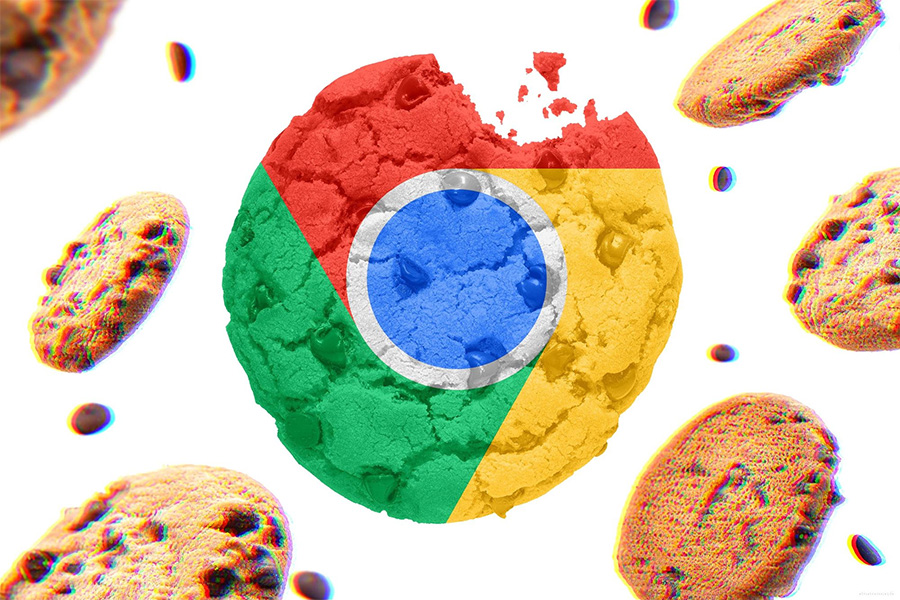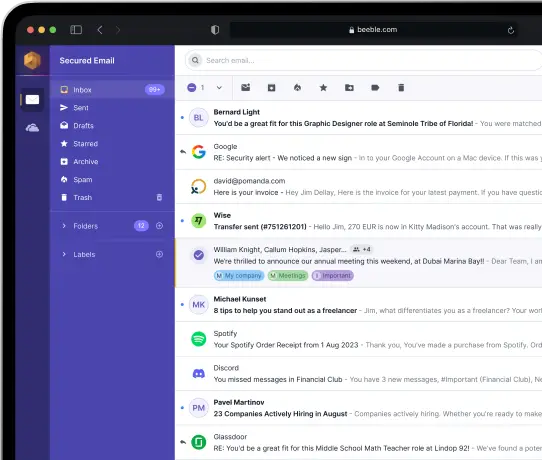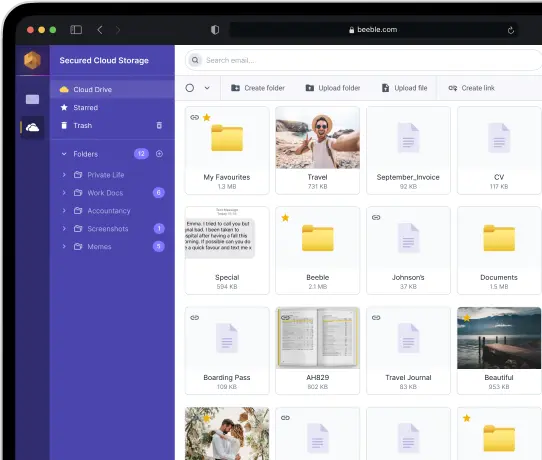Google Criticized for Abandoning Cookie Phase-Out

What would be the alternative approach?
Google has been criticized for its decision to abandon plans to phase out third-party cookies in the Chrome browser, with privacy experts accusing the firm of prioritizing advertising revenue over user privacy, Infosecurity Magazine writes.
On July 22, Anthony Chavez, VP of the Privacy Sandbox initiative at Google, revealed the tech giant will no longer be deprecating third-party cookies on the platform. Instead, Google have proposed an alternative approach that it claims will elevate user choice.
Chavez said: “Instead of deprecating third-party cookies, we would introduce a new experience in Chrome that lets people make an informed choice that applies across their web browsing, and they’d be able to adjust that choice at any time. We’re discussing this new path with regulators, and will engage with the industry as we roll this out.”
Chavez cited the “significant work” and impact on publishers and advertisers of transitioning to Privacy Sandbox APIs as the reason for the decision.
Privacy Sandbox features, which are being developed for both Chrome and Android platforms, are technologies designed to phase out third-party cookies, limit covert tracking and strengthen privacy while still enabling websites to access user information.
The Privacy Sandbox program was introduced in January 2020, shortly after Google first disclosed its plans to block third-party cookies in August 2019.
Third-party cookies are small files of data downloaded onto users’ computers by websites to track their online activities for advertising purposes.
There are significant privacy concerns about their use, and major tech firms including Microsoft and TikTok have faced significant fines by data protection regulators for their practices around cookies.
Google’s Accused of Prioritizing Advertising Revenue
Privacy experts have criticized Google’s u-turn, noting that other major web browsers, including Mozilla’s Firefox and Apple’s Safari stopped cookies in 2019 and 2020, respectively.
Google’s u-turn comes just three months after the tech giant provided an update on its third-party cookie elimination plans in April 2024. In this update, the firm said it remained committed to third-party cookie elimination and envisioned proceeding with these efforts in early 2025.



See you on the other side.
Our end-to-end encrypted email and cloud storage solution provides the most powerful means of secure data exchange, ensuring the safety and privacy of your data.
/ Create a free account

